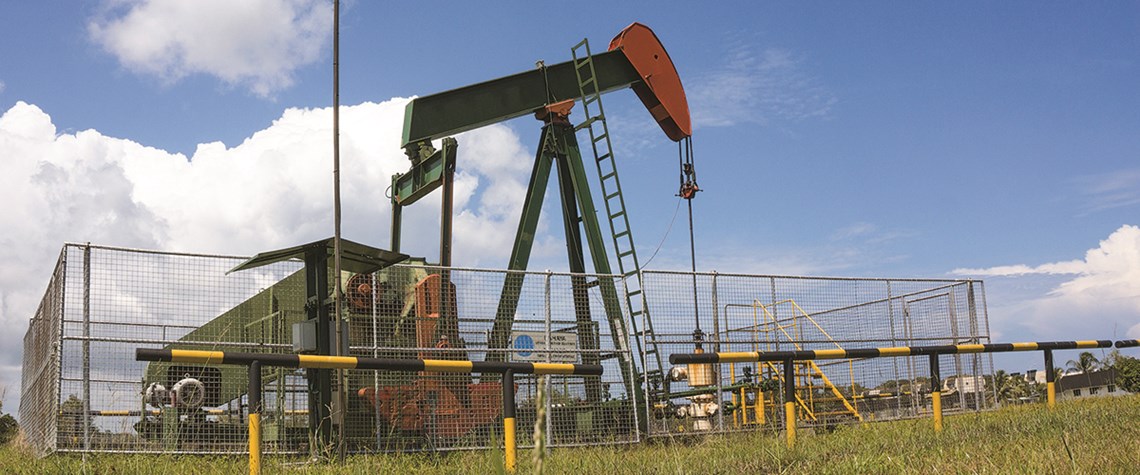Malaysia committed, Brunei could waver
Both have pledged to the cuts, but falling public service subsidies could make Brunei jump ship
Non-Opec members Malaysia and Brunei appear to be sticking to commitments made to reduce production from 1 January. But if no appreciable gains are made in crude prices in the next six months, expect at least one of them to start wavering. In Brunei, the Energy and Industry Department at the Prime Minister's Office confirmed that it has voluntarily adjusted crude oil production from 1 January 2017 for an initial six months. No information was provided on the volume but it is expected to be around 4,000 barrels a day, compared with production of 200,000 b/d last year. Brunei's problem is that oil exports are one of the country's sole sources of revenue and subsidise a host of domestic needs i

Also in this section
17 February 2026
The 25th WPC Energy Congress, taking place in Riyadh, Saudi Arabia from 26–30 April 2026, will bring together leaders from the political, industrial, financial and technology sectors under the unifying theme “Pathways to an Energy Future for All”
17 February 2026
Siemens Energy has been active in the Kingdom for nearly a century, evolving over that time from a project-based foreign supplier to a locally operating multi-national company with its own domestic supply chain and workforce
17 February 2026
Eni’s chief operating officer for global natural resources, Guido Brusco, takes stock of the company’s key achievements over the past year, and what differentiates its strategy from those of its peers in the LNG sector and beyond
16 February 2026
As the third wave of global LNG arrives, Wood Mackenzie’s director for Europe gas and LNG, Tom Marzec-Manser, discusses with Petroleum Economist the outlook for Europe’s gas market in 2026







